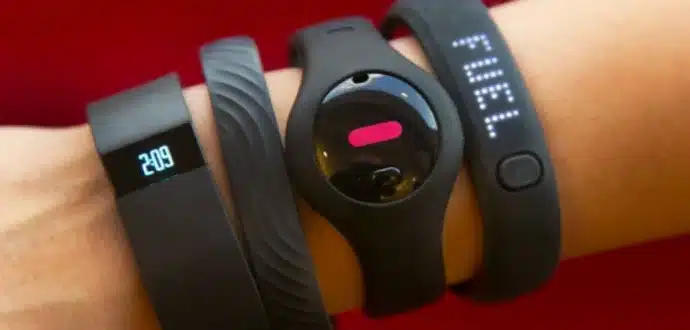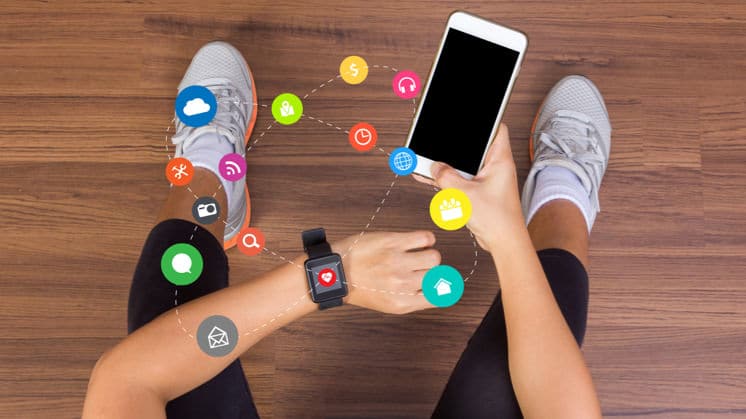The Potential for Artificial Intelligence in Healthcare

The success of the human population depends on our innate capacity for survival. This may explain why people always have been a little bit health-obsessed. That’s why it’s beneficial to put health monitoring in the hands of the individual. Unfortunately, our limited computing abilities prevent us from fully using the insights provided by our own physiological parameters, which may be gleaned through a variety of feelings, including weariness and discomfort.
They also have no way of contrasting this information with other databases. Since this is the case, people will soon no longer have a competitive edge when it comes to providing accurate reports of their physiological status to Ai technologies.
AI has long been recognized for its potential to improve healthcare and medical diagnoses, but only lately has its application in the realm of wellness been pushed to light. An Accenture study predicts that the market for AI-powered medical solutions might reach $6.6 billion by 2025. Forbes magazine cites AI-assisted surgical robots, image processing, and various administrative and management activities within the medical sector as examples of areas where AI has been successfully implemented. In addition to this, AI has shown to be effective assistance to clinical decisions by assuming the duties of digital medical companions.
Table of contents
Wearables and AI
Despite physicians’ doubts regarding the accuracy of fitness tracking equipment like step counters, it is often asked what data do fitness trackers and apps collect. However, the demand for these devices continues to climb. Furthermore, it is certain that wearable gadgets such as the Android Wear, Apple Watch, and Fitbit, among many others, are creating massive volumes of data relating to the health and habits of their customers. There have been several triumphs in the wearables sector.
Prime example: kardia. Kardia has created an affordable EKG wearable that can record a large quantity of EKG information from its customers. After collecting this information, it is fed into a machine learning system designed to identify cases of atrial fibrillation. Kardia’s technology has been approved by the FDA as a reliable method for detecting this heart disease.
Another effective AI solution is Propeller Health, which uses client prescription information and ambient circumstances to predict the onset of an asthma attack. There are plenty of such instances of this kind of achievement. Therefore, it is clear that not only can AI provide good outcomes in terms of delivering efficient health care, but it is also the only viable alternative for processing the massive amounts of medical information created by wearable technology and other similar platforms.
Wearable technology isn’t the only game in town; there are also a number of internet platforms that provide fitness-related solutions that will prove useful to consumers in the long run. Even though these solutions rely on individual replies in some aspects of healthcare (such as offering a personalized workout regimen or eating plan suitable for fat reduction), they may be quite useful.
Google Assistant, Siri, and Alexa have all shown us how our information may be put to work to improve our digital lives. By retraining their AI systems on massive quantities of pertinent data sets, they have successfully utilized it to generate personalized playlists, reading orders, and grocery lists for every client.


